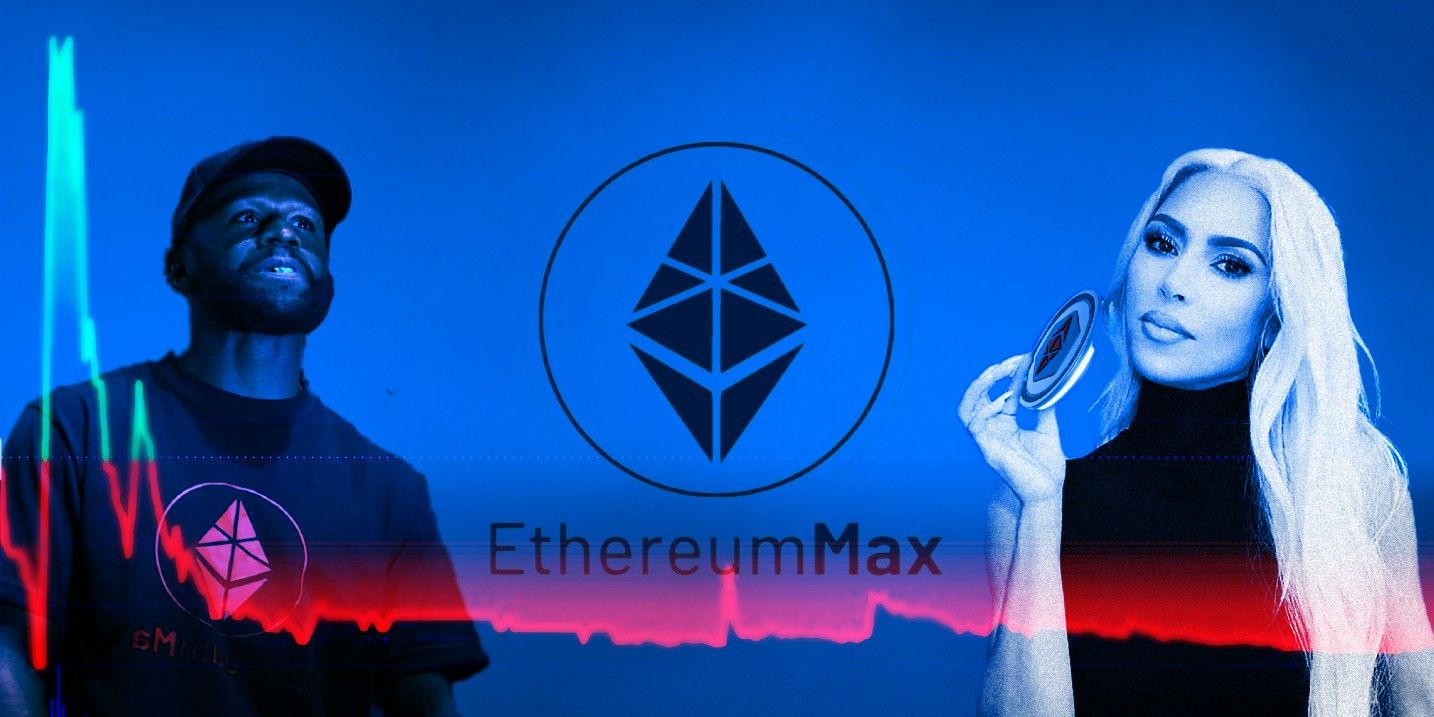Celebrities are often paid to promote cryptocurrency projects, many of which lose most/all of their value or turn out to be frauds. Whether it’s an obscure cryptocurrency or even an expensive JPEG NFT collection, very few celebrities should be trusted for crypto endorsements.
Celebrities endorsing crypto projects is not a new practice, and people being ruined by celebrity-backed cryptocurrencies and NFT projects is not new either. During the 2021-2022 crypto season, many celebrities were paid for promotional material, such as the Larry David Super Bowl ad or Matt Damon’s Crypto.com commercial. New crypto projects often allocate a budget for marketing, and will pay crypto influencers to promote their cryptocurrency to retail crypto investors looking for the next “100x altcoin gem.“
But celebrities are usually not paid by serious projects to promote their token, as it is more efficient and affordable to pay for ads and crypto influencers. Celebrity endorsement almost always results in a “pump and dump” crypto scam that destroys the project. For example, Discard reported on Kim Kardashian’s $1.26 million fine by the SEC for not disclosing a $250,000 fee for promoting EthereumMax (EMAX) cryptocurrency on her Instagram in mid-June 2021. CoinMarketcap’s price history for EMAX shows that the price of EMAX has down nearly 70 percent since Kardashian’s campaign, meaning every Kim Kardashian fan who bought EMAX lost most of what they invested in. EMAX was also advertised by boxer Floyd Mayweather and was the only cryptocurrency accepted as payment for his fight against Logan Paul June 6, 2021, which may have driven EMAX’s 1300 percent pump and dump rally for the end of May 2021.
Celebrities know little about crypto
Celebrities usually don’t know anything about cryptocurrency and those who do are well known in the crypto space. A non-crypto celebrity promoting a crypto project usually means they were paid to promote the project. In contrast, Elon Musk’s occasional tweets about Dogecoin were not paid campaigns, as Dogecoin has no for-profit development team, and were made because Musk seems genuinely interested in providing at least some use cases for DOGE.
However, the reality is that most cryptocurrencies do not offer enough utility or intrinsic value to sustain a price pump after receiving a celebrity endorsement. Dogecoin is down 91 percent from its all-time high on May 8, 2021, despite being frequently tweeted about by Elon Musk, being accepted as payment by Tesla for goods, and being the original meme coin. For a cryptocurrency to hold the value it gets, it often needs to be bought and used for its intended purpose, and if buyers aren’t interested in the utility (or if it doesn’t have any), they have no reason to buy it.
Many celebrities will promote cryptocurrencies to their fans without knowing what they are promoting. It’s not uncommon for a celebrity to be paid to promote a cryptocurrency scam, and pop culture crypto scams pop up all the time even when they’re not being promoted. Most legitimate crypto projects do not invest in celebrity endorsements of theirs cryptocurrencyand instead focus on advertising, investor relations, building a loyal community and showing progress in achieving the project’s roadmap.
Source: Discard, CoinMarketcap



